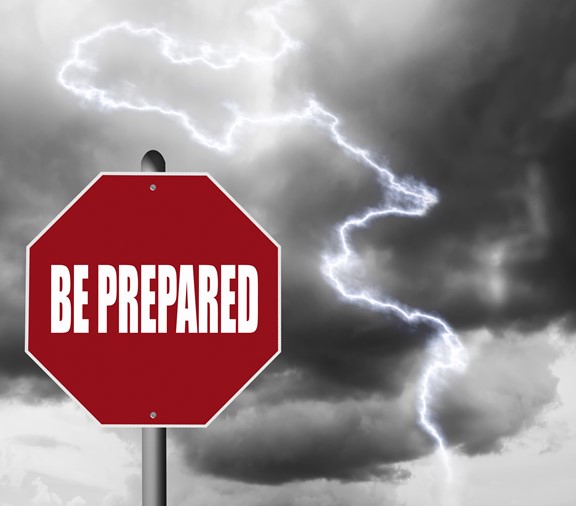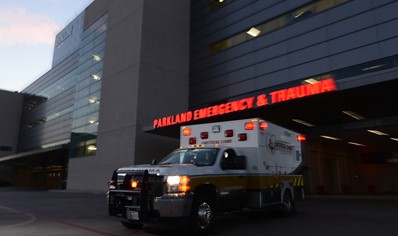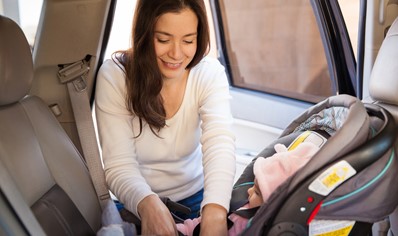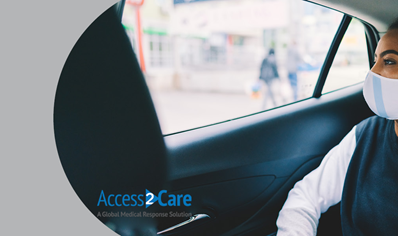
Spring has arrived in North Texas – and the warmer weather can also mean a chance for severe storms in our area.
Are you and your family are prepared to deal with the impact of bad weather? Check out these tips for staying safe and healthy during a storm.
What Can You Do Before Storms Arrive?
Make an emergency plan.
- Decide what family members will do during the storm. Know where everyone will meet if you split up. Write down emergency contacts and your family’s important personal information. Remember, family members with disabilities and special needs will need extra help.
- Do you have a pet? If so, be sure to plan for them, too.
- The State of Texas Emergency Assistance Registry (STEAR) can help. For more information or to sign up, click here. You can also call 2-1-1 or 1-877-541-7905 (Texas Information and Referral Network).
Make an emergency kit.
- Texas Prepares has a full list of supplies you and your family may need. Remember to pack medical items for family members with disabilities or special needs.
Keep these helpful phone numbers in a place where you can find them easily.
- American Red Cross: 1-800-733-2767
- Evacuation Information: 2-1-1
- FEMA: 1-800-621-3362
- Relay Texas (hearing and seeing disabilities): 1-800-735-2989 or 7-1-1
- Roadside Help: 1-800-525-5555
- SNAP Food Benefits: 1-877-541-7905 or 2-1-1
- TxDOT Statewide Road Conditions & Closures: 1-800-452-9292
Staying Safe During Severe Weather
Spring weather in Texas can be unpredictable. Thunderstorms, flash flooding, and tornadoes happen often, sometimes with little warning. Plan ahead so you can be prepared for a weather emergency. Doing so can help save your life and the lives of your family members.
As severe weather moves into your area, pay attention to local alerts and warnings. You can sign up for weather alerts from your local TV or radio station. You can also get emergency alerts from the National Weather Service.
Thunderstorms and Flash Floods
- If you are outside during a thunderstorm, move indoors or get into a car with a roof.
- Do not walk, swim, or drive through flood waters – just six inches of moving water can knock you down, and one foot of moving water can carry your vehicle away.
- Never drive around barricades, and stay off bridges over fast-moving water.
- Stay inside your car if it is trapped in rapidly moving water. Get on the roof if water is rising inside your car.
- If a tornado warning is issued, go to a safe place right away. A small interior room on the lowest level of your home is best. Stay away from windows, doors, and outside walls.
- Protect yourself – cover your head or neck with your arms, and put blankets or furniture on top of or around you.
- Do not try to outrun a tornado in your car, and don’t stop under an overpass or bridge – you’ll be safer in a low, flat location.
PCHP Member Resources
If you are a member of Parkland Community Health Plan, there are services available to help you during a severe weather event.
Emergency Phone Numbers
For medical emergencies, call 9-1-1. For information on evacuations, shelters, and recovery assistance, call 2-1-1.
Findhelp
Findhelp connects people to local programs and organizations offering assistance. Use the Findhelp directory to find free help with food, housing, transportation, and more.
PCHP Phone Numbers
Member Services:
- HEALTHfirst (STAR Medicaid): 1-888-672-2277
- KIDSfirst (CHIP/CHIP Perinate): 1-888-814-2352
Call Member Services if you need to
- Get an emergency prescription refill.
- Replace necessary medical equipment, services, or supplies.
- Get a new copy of your PCHP Member ID card.
- Speak with a registered nurse 24 hours a day, 7 days a week.
- Find a doctor in your area.
- Get help dealing with stress or depression.
Electrical Life-Sustaining Equipment
If you lose power, but have life-sustaining medical devices that run on electricity, call your local electric company to let them know and see if accommodations can be made.


